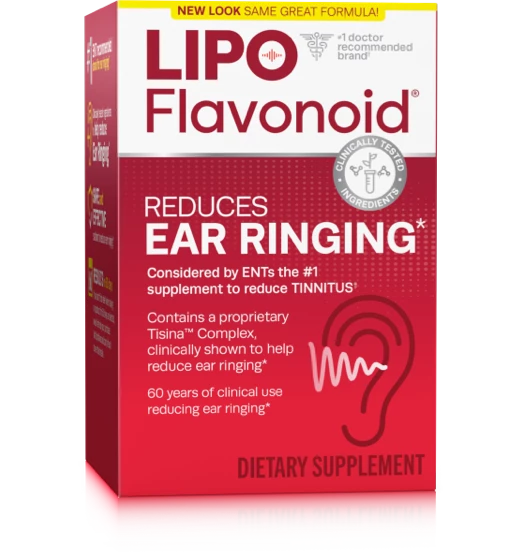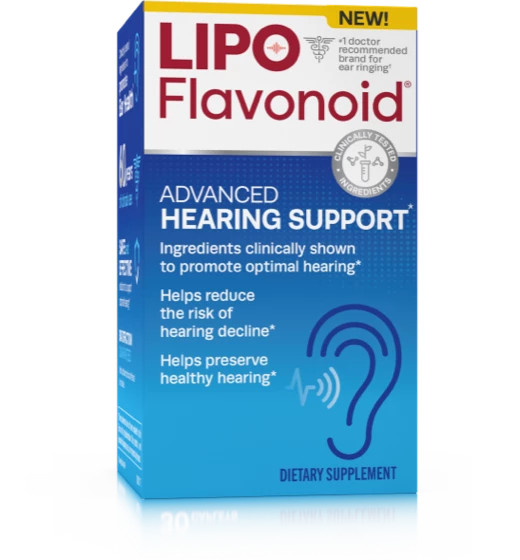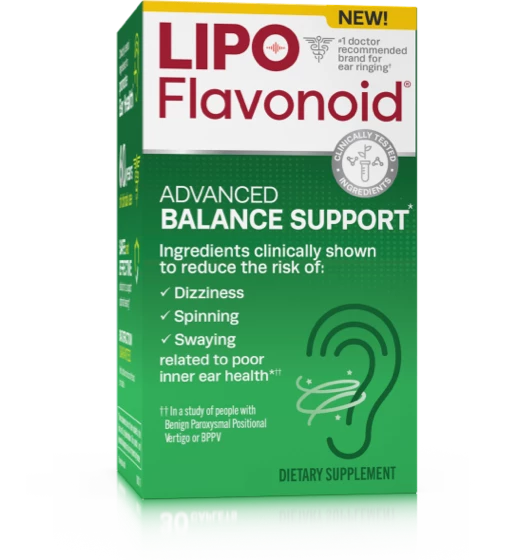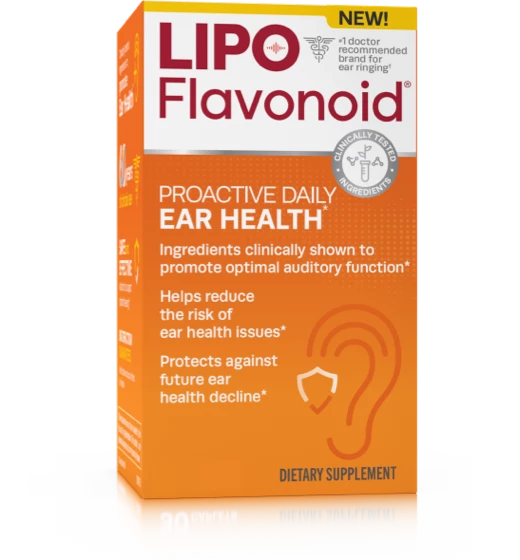- Products
- Science
-
Resources
- Tinnitus Resources
- What is tinnitus?
- Causes of tinnitus
- Tips for managing tinnitus
- Prepare for your doctor's visit
- PTSD and tinnitus
- Tinnitus FAQs
- Hearing Loss Resources
- What is hearing loss?
- Degrees of hearing Impairment
- Types of hearing loss
- Causes of hearing loss
- Treatment options for hearing loss
- Buy Now
- Coupons
- Test Your Hearing
- Test Your Hearing
- Healthcare Professionals
Calling All Dentists! Protect Your Hearing & Care for Your Tinnitus
Tinnitus, or ringing in the ears, is known to affect 15% of the U.S. population, with 20 million Americans struggling with burdensome chronic tinnitus and 2 million enduring extreme and debilitating symptoms. To put this in perspective, that’s nearly as many people living with severe tinnitus as people living in the whole city of Houston, Texas!
Unfortunately, among dentists, tinnitus numbers are more prevalent.
According to The Hearing Journal, dentists are twice as likely as the general population to suffer from ringing in the ears. Similarly, the journal Noise & Health reports that among South African dentists, 31.85% have tinnitus and in the United Arab Emirates, 37% of dental professionals have tinnitus. Scientists attribute these high rates to the noise generated by high-speed dental tools, which haven’t really changed much, noise-wise, since they came into wide use in the 1960s. While more and more dental practices are bringing in laser technology, drills have not yet disappeared and dental care-related ear damage continues to be a risk.
So how can dental professionals and their patients protect their ears while also taking crucial care of teeth?
- Use ear protection. This is important because, even if you already have tinnitus, protecting your ears from further trauma can help avoid aggravation of your symptoms and help keep them from getting worse. Whether you’re giving or receiving dental care, you can use earplugs, ear-protecting earmuffs or fitted ear molds to shield yourself from the harsh sounds. Dentists might prefer custom made high-fidelity musicians’ earplugs because they are discreet, comfortable, and don’t negatively impact communications or techniques.
- You know what they say, doctors (and dentists) can make the worst patients. But even medical professionals need check-ups. No matter your job, add hearing tests to your routine medical assessments. It’s important to recognize any hearing changes so that further damage can be prevented and any effects of hearing loss or tinnitus on your life can be mitigated.
- Consider a nutritional supplement to help manage tinnitus symptoms. According to a survey of Ear, Nose and Throat specialists (Otolaryngologists), Lipo-Flavonoid continues to be the #1 recommendation of doctors for relief of ringing in the ears.* Lipo Flavonoid, which includes bioflavonoids and other beneficial ingredients, when taken correctly, can help alleviate the symptoms of ringing in the ears. There’s even a money-back guarantee if you don’t experience relief after 60 days of use as-directed.
Mark your calendar now: March 6th is National Dentist’s Day. Show your dental caregivers how much you appreciate them by sharing this blog!
* Source: April 2018 survey
*These statements have not been evaluated by the Food and Drug Administration. These products are not intended to diagnose, treat, cure or prevent any disease.
*Survey data on file
REFERENCES:
- April 2018 Survey. Clarion Brands Inc. data on file.
- Williams H, Hedgecock L. Citrus Bioflavonoids, Ascorbic Acid and Other B-vitamins in the Treatment of certain types of neurosensory deafness a preliminary report. Staff meeting of the Mayo Clinic (1962).
- Tinnitus Overview. Mayo Clinic website http://www.mayoclinic.org/diseases-conditions/tinnitus/basics/definition/con-20021487. Accessed Sept. 7, 2016.
- Understanding the Facts. American Tinnitus Associations website https://www.ata.org/understanding-facts. Accessed Sept. 7, 2016.
- Slattery WH, Fayad JN. Medical treatment of Meniere's disease. Otolaryngologic Clinics of North America 1997; 30:1027-37.
- Kumar S, Pandey AK. Chemistry and Biological Activities of Flavonoids: An Overview. The Scientific World Journal. 2013;2013:162750. doi:10.1155/2013/162750.
- Fetterman BL, Saunders JE, Luxford WM. Prognosis and treatment of sudden sensorineural hearing loss. Am J Otol 1996; 17:529-36.
- Arenberg I, Bayer R. Therapeutic Options in Meniere’s Disease. Arch Otolaryngol 1977;103: 589-93.
- Shaia F, Sheehy J. Sudden sensori-neural hearing impairment: a report of 1,220 cases. Laryngoscope 1976; 86:389-98.
- Herschberg S. Meniere’s disease. J Am Osteopathic Association 1974; 73:540-6.
- Wolfson R. Treatment of Meniere’s disease. Modern Treatment (1969) 6,3, 553-567.
- Rubin W. Vestibular suppressant drugs. Arch Otolaryngol 1973; 97:135-8




